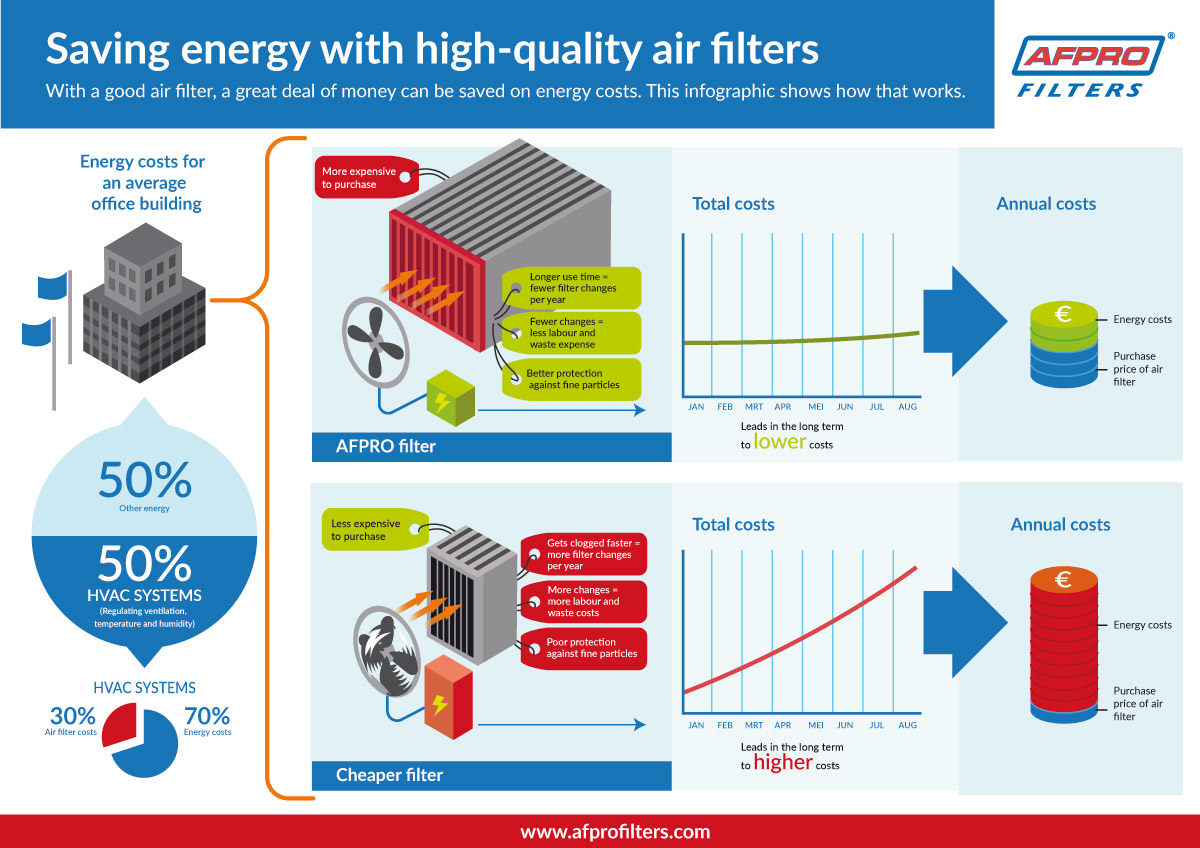Exploring The Ecological Benefits Of Heat Pumps - A Sustainable Heating Option
Exploring The Ecological Benefits Of Heat Pumps - A Sustainable Heating Option
Blog Article
Authored By-Hinrichsen Otto
In an era where sustainability and energy performance are vital, several organizations seek environmentally friendly heating remedies. One such remedy is the heatpump.
A heat pump removes the warmth in its surroundings and pumps it into your home, leading to one of one of the most effective green main heating unit around. This process additionally produces zero greenhouse gas discharges, making it a highly sustainable modern technology.
Energy Performance
Heatpump are very energy efficient and need little maintenance. They utilize much less electrical power than other furnace and are without a doubt one of the most environmentally friendly. They function well with roof solar and can typically pay for themselves in utility savings alone.
They can also supply air conditioning, which is excellent for garage workshops, attic hangouts and benefit spaces, and home additions without prolonging the existing ductwork. They can even be made use of for retrofits in existing homes with hydronic (water-based) distribution systems such as low temperature radiators or radiant floors.
Look for versions with SEER and HSPF ratings that satisfy or go beyond Canada's minimum requirements, as well as the requirements in your area. Higher rankings suggest better efficiency, which saves you cash in the future and lowers your carbon impact. You might even receive discounts and motivations! https://greatist.com/happiness/how-to-cool-down-a-room are those with a ground warm exchanger for added performance. These units can soak up thermal power from the ground throughout the winter season and essence it in the summer.
Minimized Greenhouse Gas Emissions
Heatpump run on electrical energy and essentially move warmth from the air, even when it's cold exterior. They have the ability to draw out the free warm entraped in air particles and relocate them inside, minimizing moisture while doing so.
Contrasted to gas heaters, contemporary heat pumps use less than one kilowatt of electricity per kilowatt of heating power they produce. This makes them the most power reliable home heating option offered with a POLICE OFFICER (Coefficient of Efficiency) of four or more. By slashing the need for nonrenewable fuel sources, heat pumps help in reducing greenhouse gas discharges and reduce other major air contaminants.
Structure decarbonization is a worldwide necessary, and the heating and cooling sector is an essential vehicle driver of that procedure. Whether it's real estate investors making web absolutely no dedications, policy makers setting exhausts limits, or occupants requiring greener areas, electric heat pumps are being acknowledged as an essential solution. They are an affordable means to lower carbon exhausts by removing the need for fossil fuels in buildings.
Versatility
Heat pumps can be used in lots of types of homes and buildings-- with or without air ducts. They collaborate with hot-water radiators, air-conditioning and programmable thermostats. They can replace heating systems or be set up in brand-new homes. They can work on photovoltaic panels, geothermal systems and even area home heating resources like wastewater.
They're fantastic at providing even more warm per power device. For example, an air-source heat pump produces as much as 3 or more home heating units from each electricity unit it eats.
Getting the most from your heatpump will depend upon your climate zone and high quality of insulation. Look for designs with ENERGY celebrity ratings and contrast their SEER or HSPF specs. In warmer environments, focus on SEER; in colder regions, think about a system with a greater HSPF rating. Furthermore, invest in air sealing and insulation to reduce the tons on your heatpump. That will enhance energy efficiency and help you reach your Net Zero objectives faster.
Biomass Boilers
Biomass central heating boilers make use of timber pellets, chips or logs to produce warm and hot water. They are an excellent option for off-grid buildings or those who wish to leave the gas grid.
As a standalone heating system, biomass can give adequate power to maintain your home cozy all year round without the regular warmth drop off of other eco-friendly technologies. They can also be used together with photovoltaic panels to maximise financial savings and benefit from RHI repayments.
A disadvantage of these systems is the ahead of time price and routine fuel deliveries. Often, pellets will certainly require to be blown into a gas shop using a vacuum system or they can be manually fed right into the central heating boiler via a hopper. Logs are commonly self-sourced from nearby forest or acquired wholesale. In how are heat pumps installed to this, they call for hand-operated loading and might need cleaning on a regular basis.